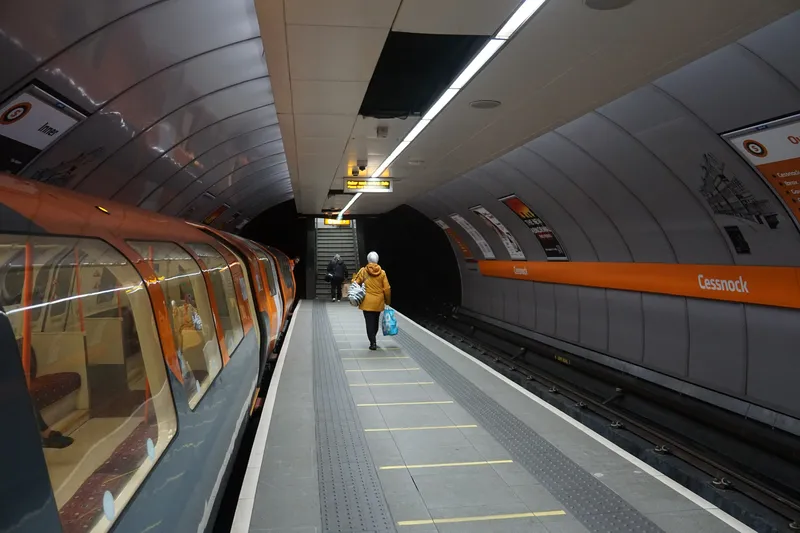The Manly Fast Ferry will now have a wider range of ticketing options available and allow card holders to tap onto the service using the existing smart card ticketing installed on the fleet.
Cubic’s open APIs allow other companies using their own terminals and equipment to connect to the Opal payments system to simplify operations, reduce operating costs and provide a quick way for commuters to pay for travel across a range of transportation modes.
Tom Walker, senior vice president and managing director of CTS Asia-Pacific, said: “This is an extremely significant step in the evolution of the Opal card system and we are delighted that the Manly Fast Ferry service is the first in New South Wales to adopt Cubic’s open Application Programming Interfaces (APIs), which will pave the way for other third parties to leverage the Opal payments platform. The Opal card has now evolved into a single payment card for mobility, with potential future applications across other modes of transportation in New South Wales, including rideshare.”
Cubic Extend Opal Card Platform to commuters on Manly Fast Ferry, Sydney
Cubic Transportation Systems and Transport for New South Wales have expanded the Opal smart card ticketing system on Sydney's Manly Fast Ferry Service to enable passengers to pay for trips on their Opal card. The Manly Fast Ferry will now have a wider range of ticketing options available and allow card holders to tap onto the service using the existing smart card ticketing installed on the fleet. Cubic’s open APIs allow other companies using their own terminals and equipment to connect to the Opal payment
December 20, 2017
Read time: 2 mins









